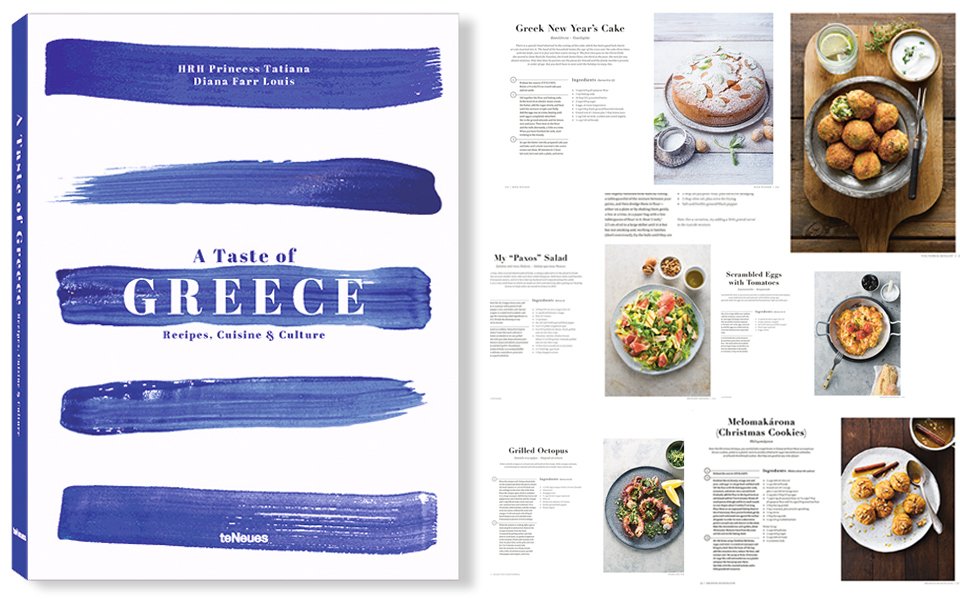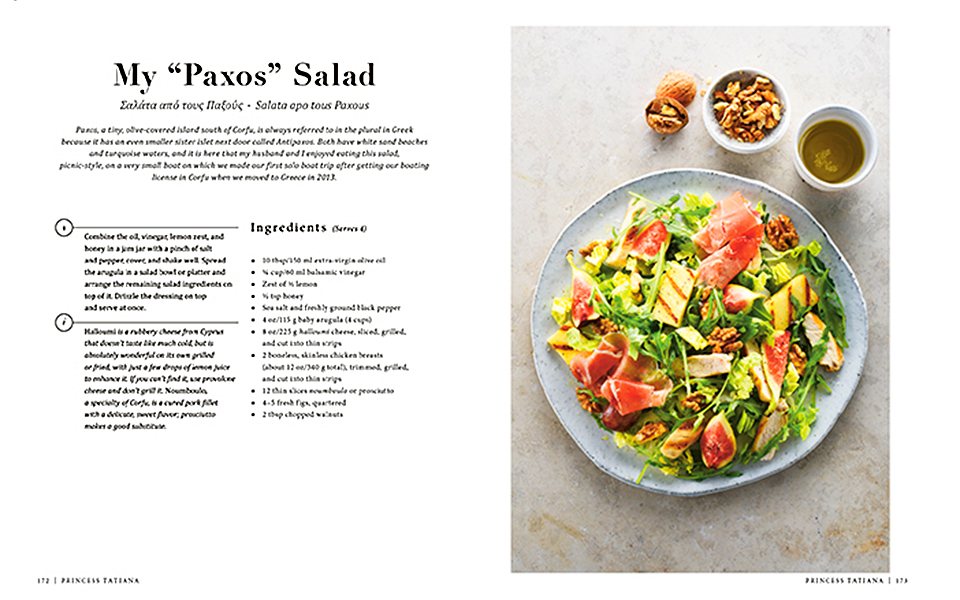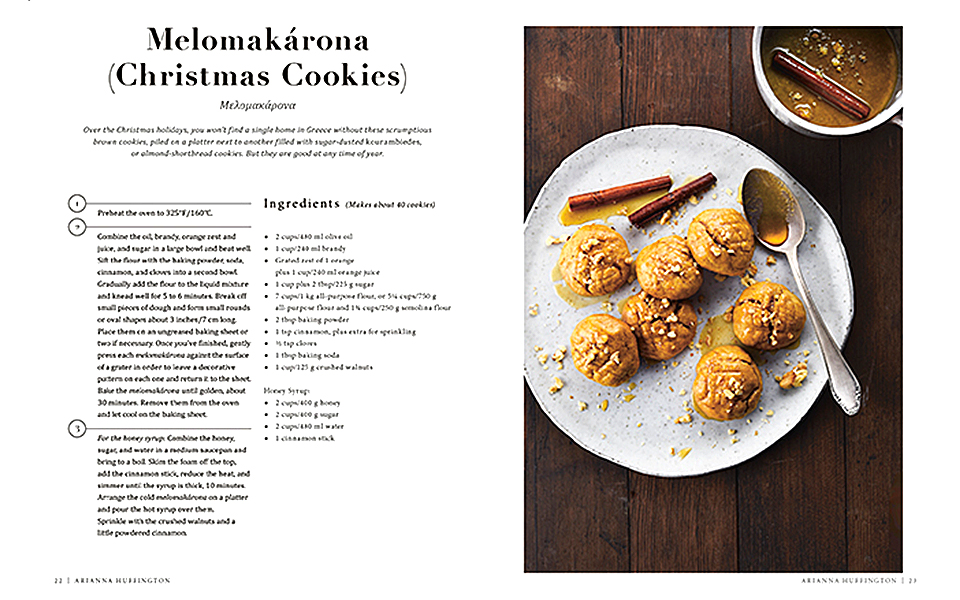A Mistake From the Very Start: A Novel…
The thought-provoking seventh novel from the…

Scanning the homepage of Boroume (which means “we can”), it quickly becomes apparent at how relentless the charity is in garnering support to further its objective, which is to source food for the homeless and poor in crisis-slammed Greeks.
Article titles such as “Boroume supported by Greek wine tasting event in New York,” “Hellenic Post donates food through Boroume” and “Friends of the Child’s Nursery need our support” provide an indication of the scale and scope of the charity’s efforts.
Not only are ways in which Boroume manages to receive the food that it gives to the needy impressive, but the fact that this network can generate as many as 22 meals from each one-euro donation is amazing.
Boroume is the brainchild of Xenia Papastavrou, a former volunteer at the Greek Food Bank 201. She founded it in 2011 to tackle two major, modern-day problems at once: food waste and hunger. Since then, it has secured the cooperation and involvement of bakeries, food companies, restaurants and other businesses and organizations in the form of sponsorship. This support mainly takes the form of donating food for the charity’s directly use that would otherwise be thrown away.
One of the organization’s most significant awareness-raising and financially smart feats to date is the publication earlier this year of A Taste of Greece, co-authored by food and travel writer Diana Farr Louis and Tatiana Blatnik, the Hellenophile wife of Prince Nikolaos of Greece.
Published by TeNeues, the book has already clocked up sales of 8,000 copies.
Featuring a polished cornucopia of entries by Greek-origin or Greek-loving celebrities from the fields of sport, gastronomy, cinema, royalty, photography, literature and music, the book offers readers a Greek journey of the senses via the related experiences and impressions of these brilliant personalities.
“No one needs new recipes,” says Farr Louis, who has also authored the cookbooks Prospero’s Kitchen and Feasting and Fasting in Crete. “Every recipe you may want in the world is already out there in some form in books and online – but what’s interesting to me are the cultural and social foundations of gastronomy, and what makes a dish special. This is especially true when you discover the many evocative ways in which most of these individuals are deeply connected to Greece through its particular foods.”
The highly positive response to the book is, to some degree, thanks to how it reflects, in its very layout and colors, the essence of Greece itself – a simple, fresh aesthetic with juicily tasteful and feel-good content.
“I don’t think we really knew what shape it was going to take because we were dealing with such completely different individuals. But when the answers flowed in, most of them were so engrossing and so moving and you wanted to learn so much more about these people. I also think it’s a beautiful book, and thankfully it’s already being enjoyed around the world, with all the proceeds going directly to Boroume!” says Farr Louis.
The final result was delightfully surprising, she adds. “It took a long time to gather all the entries from all these extremely busy people, and then there was the editing process – getting all the answers to follow the same language and grammar style, etc. But what emerged was no less than a touching love letter to Greece.”
Already available in French and German translation, A Taste of Greece is expected to be published in Greek before Christmas 2016.
“It took a long time to gather all the entries from all these extremely busy people, and then there was the editing process – getting all the answers to follow the same language and grammar style, etc. But what emerged was no less than a touching love letter to Greece.”


Arianna Huffington, entrepreneur and author
“My mother was always cooking, as she believed that if you didn’t eat something every 20 minutes, something terrible would happen to you.”
Michel Roux, chef
“Quite simply, Greek food is fiercely local and exquisitely simple but always fresh, unpretentious and evocative of the colors, scents and flavors of the landscape, a place to spend languorous hours sharing meals with friends and family. Here, the meze feast is not only a glorious necessity; it seems to epitomize the whole of Greece in its pungent variety – the wide blue skies and sea, the moonlight, the warmth of its people, the wisdom of its philosophers, and its infinite, bewitching history.”
The thought-provoking seventh novel from the…
A Greek author’s social novel can…
Alexandra Stratou's cookbook has created a…